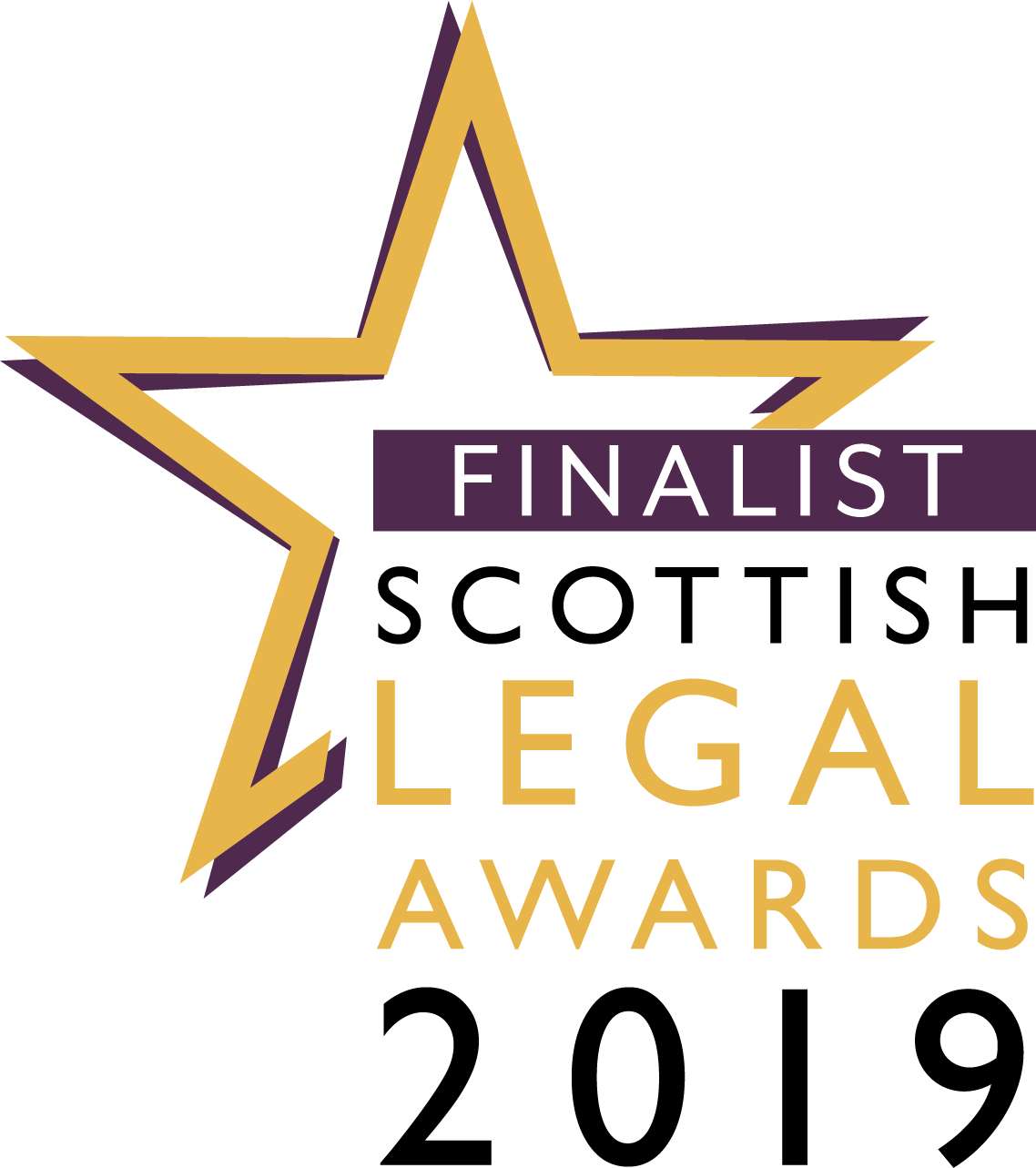Identification Evidence
Misidentification happens on a daily basis: a newspaper puzzle section may ask us to identify a familiar object viewed from an unusual angle, or we may see a friend or colleague in the street only to realise that it's not who we thought it was.
From twelve angry men to fingerprints or the discovery of DNA, one of the key areas of dispute in criminal law is the need for the prosecution to prove that the person in the dock is the perpetrator of the crime. This, perhaps, more than any other single area of contention, is one of the most significant causes of miscarriages of justice.
What are the Issues with Identification Evidence?
Flawed identification evidence so regularly contributed to miscarriages of justice that it had a direct influence on the development of courts of criminal appeal; yet, even in the present day, as Lord Bonomy noted in his review of post-corroboration safeguards, it remains one of the most contentious issues in criminal trials. Of particular concern are the practice of dock identification and the importance juries tend to place on visual evidence, which can create a pro-prosecution atmosphere that may raise difficulties for the defence.
There are many inherent risks in dock identification, which is the routine practice of asking a witness to identify the accused in court. Amongst other things, the passage of time, from the alleged incident to trial, and the pressure of being in a courtroom are likely to impact the witness’s memory. For instance, the witness will be automatically drawn to the accused, who is flanked by custody officers and police, and likely to make a positive identification because they feel they have to, even if the accused only resembles the perpetrator.
Juries are also likely to give weight to identification evidence despite its often dubious accuracy and reliability. In Scotland, judges are expected to warn juries of the problems of visual evidence and risk of misidentification. However, the directions juries are given are not uniform, meaning that not all juries are reminded of the need to take special care when considering the reliability of identification evidence.
Misidentification: Psychology
The unreliability of eyewitness identification, particularly from those who honestly profess certainty, has been proven time and time again by cognitive psychologists and scientists.
Human memory doesn’t accurately record, store and retrieve images – we must construct, interpret and rationalise what we have seen, and every time we recall a memory, often at a time well past the event itself, we alter how we construct, interpret and rationalise, with the result that our memory of an incident mutates in a way that very easily leads us to make mistakes. For example, some of the following factors have been proven to contribute to misidentification:
- Stress – we are more likely to misidentify key actors when witness to a stressful event, particularly when confronted by a weapon
- Confidence – eyewitnesses who are certain in their identifications often have higher error rates
- Transference – identifying someone who has been seen on a different, unrelated occasion
- Pressure – even when an eyewitness is told there is no need to make a choice, there will often be mistakes if they feel like they must make an identification
- Influenced by others – eyewitnesses are likely to unintentionally change their memories to fit in with a narrative
Expert Criminal Defence Solicitors Glasgow
The award-winning criminal defence solicitors at Beltrami & Co understand the factors that can seriously affect the reliability of eyewitness identification and are expert at testing the limits of visual evidence. If you require advice and assistance with any criminal law matter, please contact us.






